STEPS TO BUYING A HOUSE

In this article, I am going to give you all of the steps required for buying a house you can call home. Buying a house may seem simple, but it’s not. It can be overwhelming when you feel like there are too many houses on the market to see and frustrating if there aren’t enough. Sometimes, there are bidding wars; at others, sellers are practically begging for an offer. I’ve seen people who actively search for a house for years, and it’s because they either don’t have a strategy in place or they’re unsure of what they want. My goal is to help you figure out what you want so that you can avoid confusion. Here are the steps I recommend following when you’re ready to buy a house.
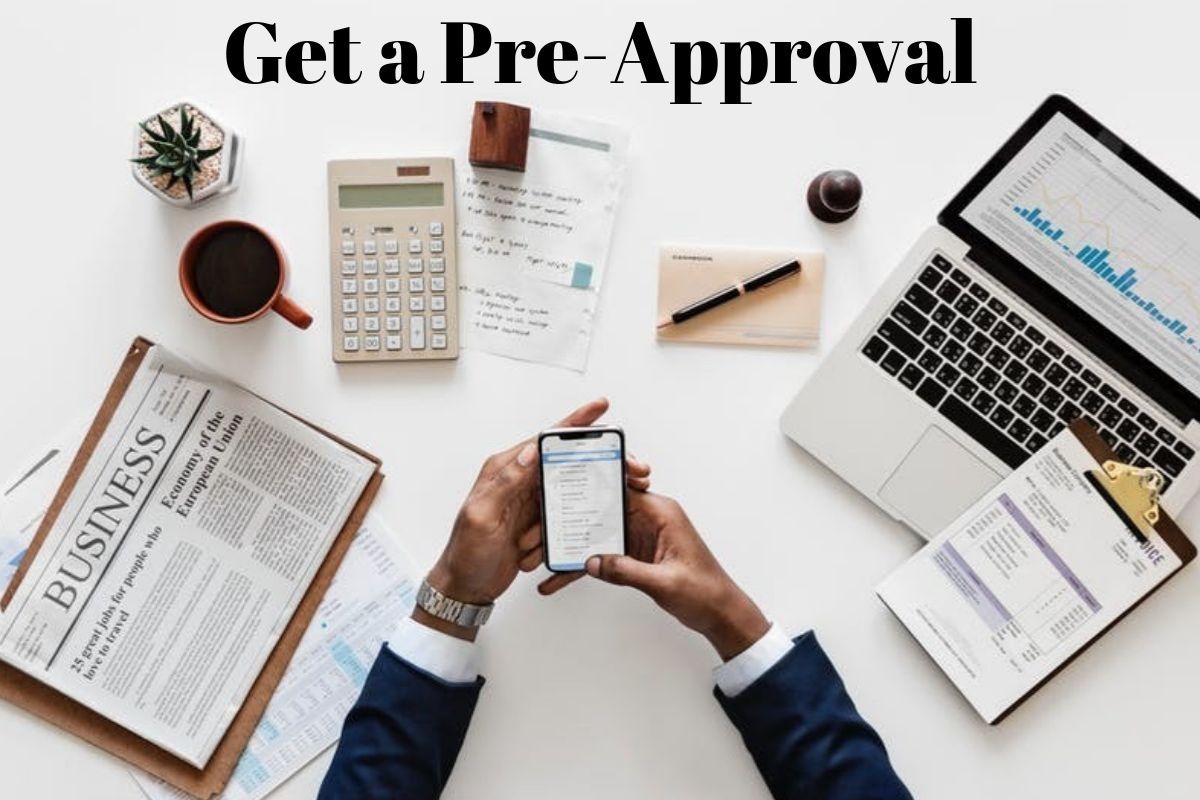
- Secure your financing
Before you start looking into whether you want to buy a $500,000 house or a $1,000,000 house, you need to figure out what you can afford. This means finding out how much of a loan a bank will approve for you and what you want to pay towards a monthly mortgage payment. Too often, people search for a home and spend an enormous amount of time researching, whether that’s by going to open houses or seeing homes with a Realtor, only to find out that the bank won’t approve them for the amount required to purchase the house they’ve set their hearts on. It can certainly feel like a setback when you have to begin your search all over again, but this time is looking at houses that are $100-200K below what you had anticipated being your expected range. I’ve even seen veteran bankers make this mistake. We know that banks are heavily regulated, and their rules are always changing. In one instance, a couple with a combined annual income of $250k was denied a $1 million mortgage, which seems shocking. The reality is that one of the spouses had recently started a new job and was still in their probationary period. The banks will not give you a mortgage until you become a permanent employee. While we won’t be able to get into it now, it’s important to note that self-employed people, consultants, and other contractual workers have their own sets of serious challenges.
When you go to the bank, what you need is a firm mortgage pre-approval. This means the bank will need to check your credit score, employment status, down payment and any other details so that they can say YES, you’ve been approved for “X” amount of dollars (on the condition of appraising the home you purchase). In far too many cases, I have seen people go into the bank and say they would like to get a pre-approval, but the banker only asks for a few details about the applicant. The bank then gives them a letter saying you are approved for X amount, but we still need to verify your income, employment status, credit history, down payment, etc. This is not what you want! It would be best if you had a firm pre-approval that is conditional ONLY on an appraisal of the property you wish to purchase (as they obviously cannot do that yet). This document will give you the confidence to go out and start looking at homes within your desired price range. Before I begin to show anyone a house, I make sure to get a firm pre-approval from one of my trusted mortgage specialists. I’ve shared their details below, so feel free to give them a call. They are some of the best Mortgage Specialists I have worked with, and I trust them to get the job done right.
Nesto Mortgages- They have the best rates click here to access their website
Dominion Lending- Mandeep (Micky) Khaneka- Cell Phone 647-883-6593 Email: micky.khaneka@cleartrust.ca
BMO Bank of Montreal- Kyle Sood- Cell Phone Number (416) 856-8807 Email: Kshitij.sood@bmo.com

2. What are you looking for?
All of your decision-makers need to figure out precisely what you need, but it’s also vital to figure out precisely what you want. Here’s a suggested list of questions to help your family work on this together. When you finally start to look at home, you may realize that some of the things on your list are not so important. Likewise, you may recognize that the items you left off are things you can’t live without. It’s okay to change your mind about these, but it’s essential to make sure your realtor is aware of these changes to ensure you’re looking at homes that will truly suit your needs.

3. Choosing a realtor
Did you know that you can spend anywhere between 50 and 100 hours with your realtor? Between all of the communications back and forth, the time spent viewing multiple homes makes it essential to find an excellent realtor who will be available to answer any questions you may have. Don’t rush into hiring the first person you meet with, even if they seem fine; you should interview a few realtors so you can hire someone who makes you feel the most comfortable and confident about the process. At worst, you’ll go back and choose that first-person feeling sure in your decision due to the comparison. Here are some suggested questions that you should ask prospective realtors:
- How familiar are you with the area that I’m interested in?
- How long have you been in the business?
- What type of work did you do before becoming a realtor?
- What is your educational background?
- Are you a full-time or part-time realtor?
(It is estimated that out of the more than 50,000 agents in the Toronto Real Estate Board, about 50 percent do less than one transaction per year). A part-time real estate agent may not be up to date with the market or knowledgeable about the process. Most importantly, if they have other full-time commitments, they may not have the time to take you to see homes as often as you would like.
***Important Note: Lawyers typically don’t get involved until AFTER your deal is firm. Your realtor needs to be competent enough to understand the legal clauses that may need to be included to ensure you are protected.***
- Are you going to hand me off to a junior realtor on your team, or will you be working with me directly? (If it’s someone else, ask for that person to be present in the interview, so you can ask questions directly and get to know them.)
- How will you communicate with me about new properties? And when are the best times to go and see them?
- What conditions are you going to put on the offer to protect my best interest? For example, will you include conditions on financing, home inspection, review of status certificate, etc.?
- What is your process for determining the fair market value of a home? (Remember that just because a house is listed for a certain amount doesn’t mean it’s worth that amount. Some realtors purposely price their houses lower to trigger bidding wars, while others over-promise on what they can deliver for their clients. That’s why it’s essential to know how your realtor will determine the actual fair market value of a home.)
- What are the closing costs I can expect? (For example, land transfer tax, development fees, or any other taxes that may come up based on the type of home you’re planning to purchase.)

4. Find a lawyer
It doesn’t matter what type of property you’re buying—you will need a lawyer to handle the transaction. I have seen all kinds of situations occur with lawyers that my clients have picked. Once, the lawyer was gone for vacation during the closing, and we needed to find a new one at the last minute. The worst was when a client was told to bring a bank draft for $30k on the closing date for a pre-construction condo, but when he showed up for his appointment, the lawyer notified him that he was short and needed $40k; then, the lawyer turned around and blamed my client for wasting his time. It was truly unbelievable. To avoid situations like this, you should always hire a real estate lawyer. You may have acquaintances that practice other types of law, and they may offer you a discount for your business, but when you’re purchasing this magnitude, you should hire someone who knows the ins and outs to ensure your interests are protected. My go-to law firm is Kung, Lo & Jia LLP and the Lawyer I deal with is Justin Chung Tin Lo. Click here is more information on him. Justin has helped to resolve any issues that can come up in a real estate transaction, and he is incredibly knowledgeable.

5. Home Inspector & other professionals
I refer all of my clients to https://homestars.com/. This is a fantastic website to find any contractor for your home. There are hundreds of home inspectors listed by the city, and real people review them after the transaction is completed. I have found some excellent home inspectors come from here, and I always encourage my clients to use this site. I urge you to do your research and hire a home inspector to ensure that the inspector is working in your best interest rather than your realtor's interests.

6. Go Home Shopping
Start looking at homes within your price range and desired neighbourhood. Make adjustments to your wish list based on the current inventory in the market and the current price range. Most importantly, be realistic about it. Look at comparable properties sold within the neighbourhood's price range and expect to pay similar price points based on the upgrades in your new home. Don't spend years in search of a "deal or steal." You may miss out on an opportunity that a couple of years from now will seem like a fantastic deal at the time. Pick a home based on your gut feeling; you will know when it's the right home. Buyers, be wary of staged homes—they may look gorgeous with the current furniture, but once it's removed, it will just be walls, flooring and a ceiling. Statistically, buyers pay 3 to 6 percent more for staged homes. It's helpful to learn how to visualize a space differently, so you don't overpay for it. If it feels like home, then start looking into more details of the house and ask questions about what's included in the purchase. If you're ready to put in an offer, make sure you detail everything in writing. Questions to ask before purchasing a home include:
- How old is the house?
- When were the roof, furnace, air conditioning and windows last changed?
- How far is it from the highway, schools, work, etc.?
- What is included in the house? (Make sure these details are in writing in your offer.)
- What are comparable houses selling for in this area? (Have a conversation and review these with your realtor.)
Additionally, you want to make sure of the following:
- Ensure financing is included as a condition of your offer, so you can get the bank to appraise the property within a limited period.
- Make sure the offer is conditional based on the home inspection. This is your opportunity to come in with a professional home inspector and check out whether everything is in working order, or if there are issues with the house before you buy it. You can negotiate further if there are significant issues found in the home; be mindful that regular wear and tear is normal, but more substantial expense items should be negotiated.
- Ensure your realtor adds any relevant conditions or clauses to protect you, i.e. visitation rights, a status certificate for condos, water and plumbing in rural areas, and electrical panels in older homes, UFFI, etc.
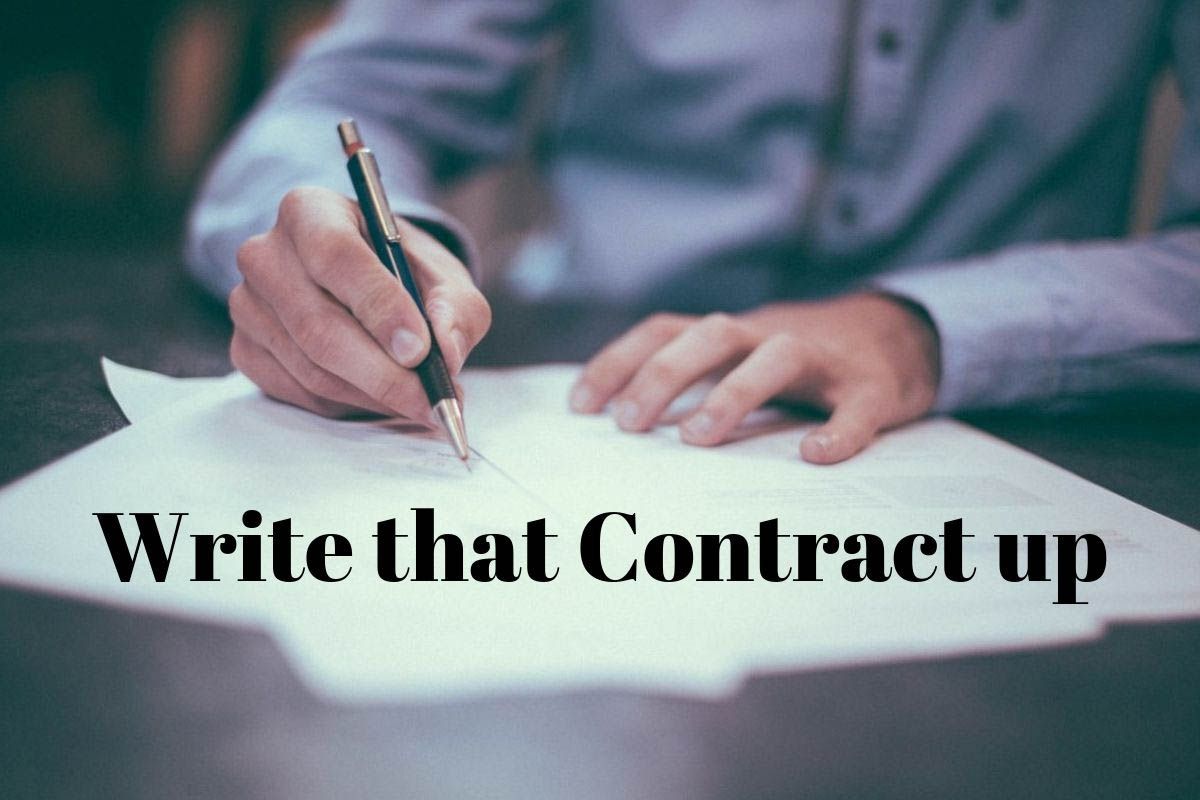
7. Put in an Offer
If you have finally found the home of your dreams, put in that offer. Here are a few final questions you may want to ask the seller or the seller's agent before you make that determination:
- Why is the house being sold?
- Where are they moving to?
- Have they already bought a place, and when are they looking at closing?
This will tell you their motivation and eagerness to get out. Depending on the current real estate market, you can prepare an offer accordingly. This means that if the house is reasonably valued and the market is hot, don't try to over-negotiate; chances are, someone else will come by and scoop up the property before you know it. On the other hand, if the market is cold, negotiate as hard as you can without insulting the listing agent or the seller, of course. If the house has only been listed for two days, the chances of you getting $100k off the listed price are slim, but if it's been on the market for a while, you may have an opportunity, primarily if comparable houses have sold in that range.
No matter what anyone tries to tell you, don't ever give up to twenty-four hours as an irrevocable clause. Try to get it done on the same day. For reference, the irrevocability period is the actual timeframe within which the seller needs to accept the offer, otherwise, the offer expires.
There are some standard sample clauses to put on depending on the type of home; extra clauses should be considered depending on the situation.

8. Appraisal
Once your offer has been accepted, be sure to have your mortgage company conduct an appraisal within a limited period. Appraising a home isn’t an exact science, and it can get complex at times. That’s why you’ll often find two banks that can significantly differ on the valuation of the same home. In some instances, a bank will appraise your house at a value lower than the purchase price you’ve offered. You will need to come up with the difference on your own before moving forward. That’s why your offer must be conditional on financing. If you’re not able to come up with the difference, it allows you to back out of the deal.
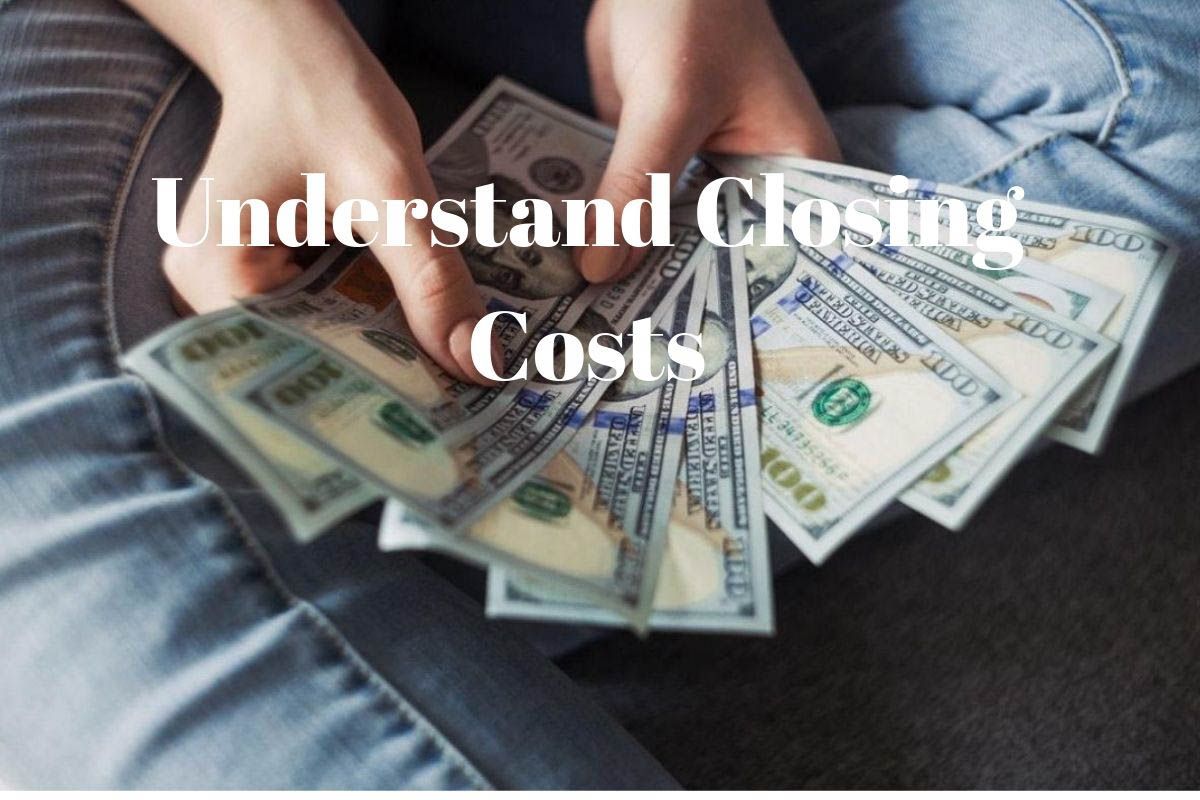
9. Closing Costs
Above and beyond your down payment, you must have closing costs set aside. These can be around 2 to 3% of the purchase price. Here is a list of closing costs that may come up through your transaction:
A) Land Transfer Tax
- Here is a link to the Land Transfer Tax Calculator that will make your life easy click here
- Provincial Land Transfer Tax in Ontario is as follows.
- Up to $55,000 X 0.5% of total property valueFrom $55,000 to $250,000 X 1.0% of total property valueFrom $250,000 to $400,000 X 1.5% of total property valueFrom $400,000 up X 2% of total property value
- From $2,000,000 up, where the land contains one or two single-family residences, X 2.5%
- The City of Toronto levies an additional LTT on Toronto real estate in addition to the provincial rate.
- Municipal Land Transfer Tax in Toronto
- Up to and including $55,000.00 X 0.5%
- From $55,000.01 to $250,000.00 X 1%From $250,000.01 to $400,000.00From $400,000.01 to $2,000,000.00 X 2%Over $2,000,000.01 X 2.5%
- Land Transfer Tax Rebate for First-Time Buyers
- If you are a first-time home buyer, you are eligible for rebates for both the Municipal and Provincial Land Transfer Tax
- Municipal Land Transfer Tax (MLTT): Maximum $3725
- Provincial Land Transfer Tax (PLTT): Maximum $2000
B) Legal/Lawyer fees can be approximately $800-$1,000 for a good lawyer. Lawyers will often add miscellaneous costs they incur when processing your transaction, such as mailing, photocopies, additional letters they have to write, faxing, etc. You should budget $1,500 to be on the safe side.
C) Title Insurance is an excellent way to protect the buyer against many problems that may arise after the purchase; this generally costs between $250-$300.
D) PST on CMHC Insurance: if your down payment is less than 20 percent, you will incur mortgage insurance premiums. Although these premiums will get added to your mortgage, the PST portion will need to be paid upon closing. Here is a link to calculate your mortgage premium
E) Property Taxes – If they have been paid in advance and beyond your closing date, you will need to reimburse the seller for the timeframe beyond your closing date that they have paid up to.
F) Pre-paid Utility Bills – If you are taking over in the middle of the month, your lawyer will calculate any bills that are pre-paid and will adjust the cost accordingly.
G) Property Insurance-Most lenders will demand that you get property insurance and prove this before they fund your mortgage.
H) Moving Expenses – Renting a moving truck or hiring a moving company can be costly, so you will need to decide on how best to make your move financially.
I) Duct Cleaning – If the house is brand new, you may need to get duct cleaning done to clean out the construction debris that can accumulate in the ductwork. J) Miscellaneous Costs – Keep some extra money set aside, as things can come up that will require you to pay out of pocket.

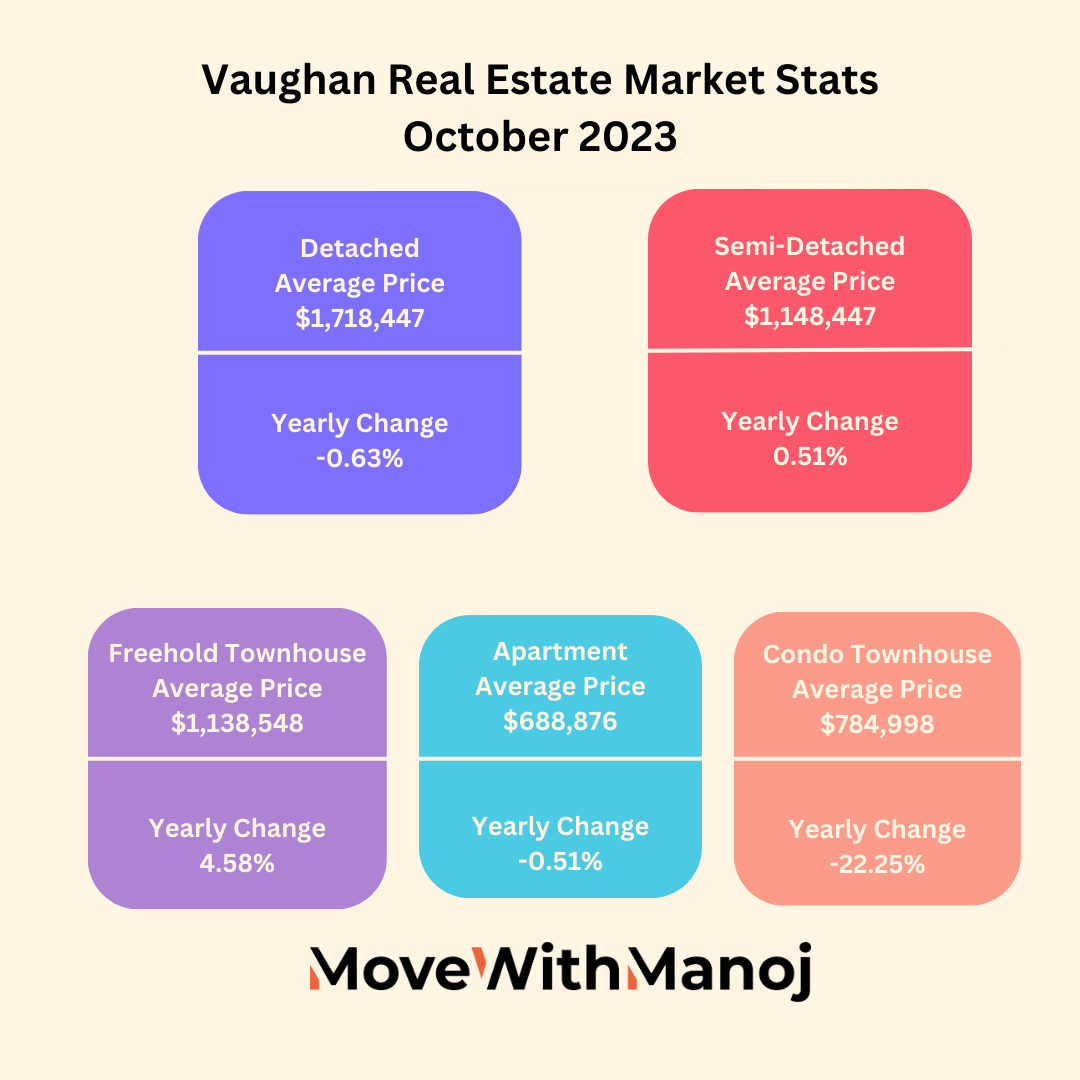
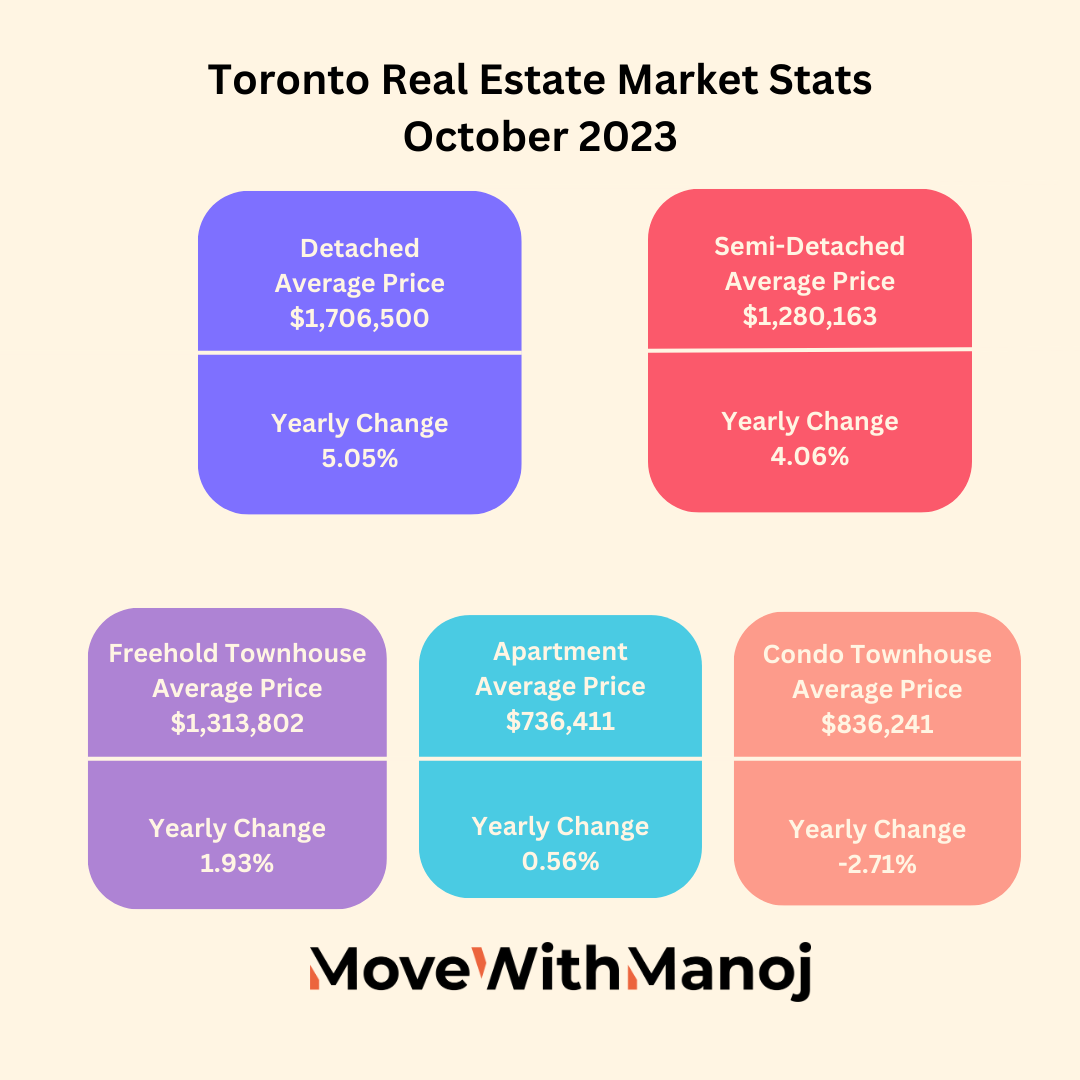

Comments